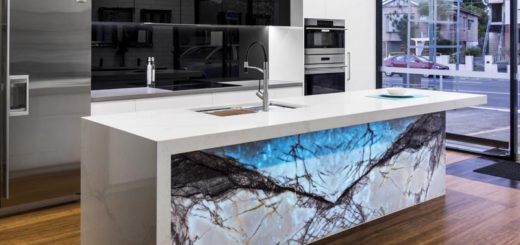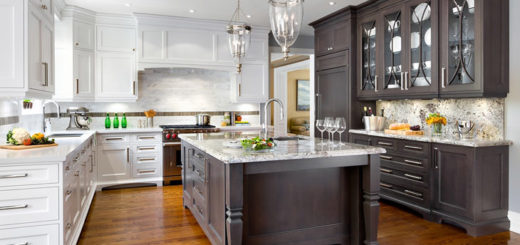Why Choose Porcelain Tiles?
If you are completely re-designing your kitchen or bathroom, whether you have recently moved to a new house and are starting on home improvements or just want to renovate your existing home, there is a huge range of floor and wall tiles to choose from that will add both style and value to your home. You might even decide to base the whole colour scheme of the kitchen around a tile you have fallen in love with. If you are simply refurbishing your kitchen or bathroom and have to live with the existing fittings then your choice will naturally be limited to those tiles that suit your bathroom suite or kitchen cabinets.
But once you have found a tile you like, what else should you consider before going ahead with a purchase?
If the tile you have chosen is a porcelain tile then there are many advantages to this type of tile. They are extremely strong and hard-wearing so if they are being laid on a floor where people walk straight in from the street or garden they will be resistant to damage and chipping from any grit carried in on the soles of shoes.
Depending on the type of porcelain floor tile, they can also be frost-resistant or frost-proof so this factor, combined with their durability, make them ideal for outside areas such as balconies or verandas.
They are generally suitable for any type of domestic or residential use but their strength also makes them suitable for commercial uses particularly on floor areas with large amounts of traffic. Certain types of porcelain tile are extremely hard-wearing because the pattern and colour are not just on the glazed surface but run through the entire thickness of the tile (these are referred to as “full-bodied” tiles). Other types are glazed much like ordinary ceramic tiles but even the glazed tiles are more hard-wearing than ceramic glazed tiles.
So if you are looking for a durable tile in a range of colours and designs (and, of course, a range of prices) then porcelain tiles will fit the bill.
One thing to bear in mind is that their very strength makes them harder to cut than ceramic tiles so might require the use of special tools and special adhesives, mortar or grout. This would not pose a problem for a professional tile-fitter but if you are thinking of installing the tiles yourself you may want to take this fact into account.





Recent Comments